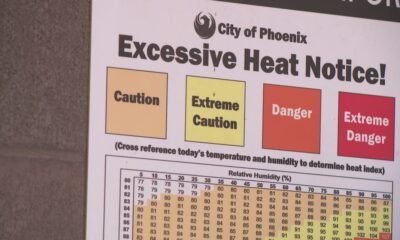big beautiful bill
One Deliciously Chaotic Challenge for Our Food Safety Net

The views expressed here are personal and not those of the University of Arizona Board of Regents (ABOR).
In February, Representative Juan Ciscomani voiced opposition to cuts affecting SNAP and Medicaid. However, on May 22, he voted in favor of these cuts within the One, Big, Beautiful Bill Act, joined by Representatives Biggs, Crane, Gosar, and Hamadeh.
If a modern rendition of Schoolhouse Rock! appeared, it might feature a billionaire advocating “personal responsibility” while simultaneously slashing essential programs for low-income families. The House bill introduces numerous damaging provisions that threaten to dismantle the safety net crucial for many Americans, particularly targeting low-income families and children through aggressive Medicaid cuts proposed in the Senate version.
The federal government is systematically dismantling safety net programs, jeopardizing access to basic needs. Recent cuts affect several essential services, including:
- SNAP
- Medicaid
- The Emergency Food Assistance Program (TEFAP)
- Local Food Purchase Assistance (LFPA)
- National School Lunch Program
- Social Services Block Grants
The Congressional Budget Office has estimated that the proposed bill would significantly reduce after-tax income for families in the lowest income brackets. Without access to SNAP or Medicaid, these families could turn to food pantries, only to discover bare shelves due to cuts to crucial funding sources like TEFAP and LFPA.
The bill proposes slashing $290 billion from SNAP, impacting over 40 million Americans, primarily families with children and individuals with disabilities.
Other detrimental measures include:
- Mandatory work requirements for SNAP and Medicaid
- Changes to SNAP’s administrative funding
- Elimination of the Community Eligibility Provision
- Abolition of SNAP-Ed
While work requirements may seem reasonable, research indicates they do not effectively boost employment or wages. They often penalize those unable to secure consistent work or facing other barriers, potentially stripping essential benefits from around 5.4 million individuals, including veterans and youth exiting foster care.
In Arizona, the legislation could lead to an increase of $28.1 million in SNAP administrative costs at a time when food and housing expenses are soaring. This financial strain could hinder the state’s ability to support a rising number of families in need.
The proposed elimination of the Community Eligibility Provision would adversely affect nearly 150,000 Arizona children, hindering access to vital school meals and increasing administrative burdens.
The bill also seeks to abolish SNAP-Ed, a program designed to assist families in maintaining healthy diets on tight budgets. Cutting such programs could exacerbate hunger and healthcare costs, having lasting effects on community health and well-being.
The combined impacts of this bill and ongoing efforts to undermine public services threaten to deepen hunger and economic hardship for millions, affecting not just families but also the entire food economy, including farmers and local grocers.
It is a moral failure that hunger, particularly among children, remains a pressing issue. This legislation appears to prioritize the needs of the wealthy over those of vulnerable populations.
Dr. Stephanie Grutzmacher is an Associate Professor in the School of Nutritional Sciences at the University of Arizona.


















